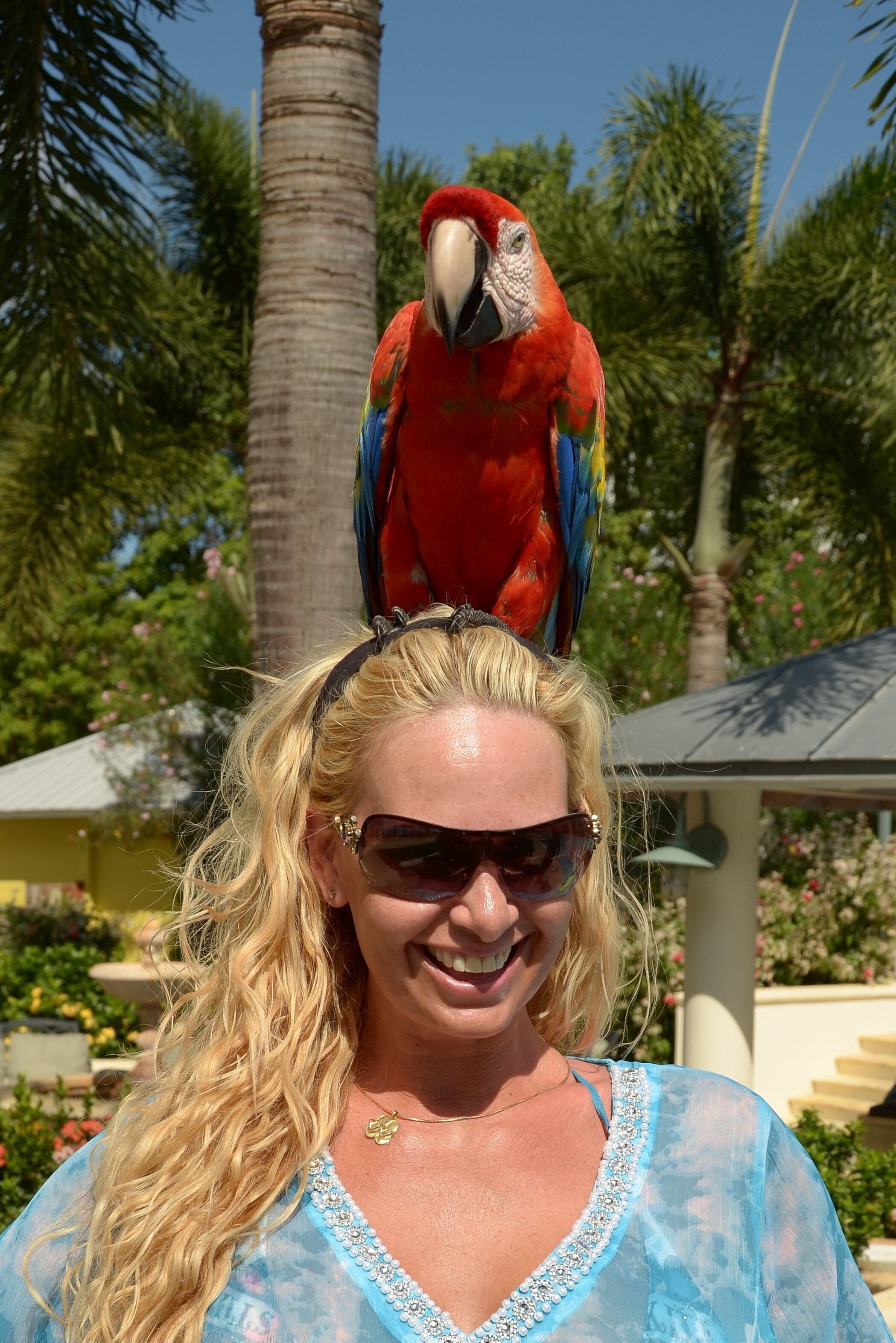Student and educator Shellie Harshberger, EdD, is one of the first to earn IU Online’s new Doctor of Education in Science Curriculum and Instruction. She came to the program with a background in the profession: 17 years teaching the biological sciences, including serving as an adjunct instructor through IU’s Advance College Project, and teaching Anatomy and Physiology at Ivy Tech Community College.
Harshberger found something unique in her online program. “At IU Online I had choice and voice. And flexibility and accountability. We had the flexibility to make choices—to find our own area of interest within a broad subject area. And we were held to standards and deadlines, which ensured we met the rigors of the courses and program. We were accountable."
“The ability to find my own voice in a given field meant a lot to me in my master’s and doctoral programs. I studied what interested me, at the same time as I satisfied the objectives of the course or program. In my first class for the master’s degree in 2018—field zoology—I chose to create a hummingbird environment. Six years later, that choice remains a passion. Through that act of choice, I discovered a lifelong learning experience. In allowing us that latitude, IU Online professors made it clear they really cared about our success in class.”
Learning while teaching
Harshberger, like many adult learners, shoehorned earning her degrees into an already full life. As an IU Online student working toward a master’s, then a doctorate via IU Bloomington, she found most classes required about 10 hours of dedicated time each week. “When you’re really interested in a subject you’ve chosen, you don’t begrudge the time it takes from family and other commitments. Schoolwork seems less daunting. You tap into your own power.”
Engaging her students
As an educator, Harshberger makes choice and voice a centerpiece of her own pedagogy. “When students have the autonomy to find their own interests, they have room to succeed. They get to focus on what captures their interest. They take greater ownership of the learning tasks ahead of them.”
She also encourages students to find “study buddies”—peers to collaborate with—who share common interests. Students work together to build an end-product of their choice—a PowerPoint presentation, or a Kahoot (a game-based learning platform). The shared experience enhances learning. And in partnership they practice shared accountability, a practice they’ll use across a lifetime.
For Harshberger, teaching is personal. “I could tell my success mattered to my professors at IU Online. I carry this forward in my own classrooms. My motto: You have to love them before you learn them. I project that to students. If I sense someone’s behind or struggling, rather than speculating, I ask them to tell me what they need. Extra time? Just a chance to talk? This involves a lot of emails, but being straightforward has its rewards. This is especially true with adolescents."
People inevitably react when Harshberger reveals she’s a specialist in adolescent education. “Yes, it can be a challenging group. But I’m direct. High school kids respect that. If they know you care, and if you build a strong relationship with them, you’ll be amazed at what they’ll do for you.”
Harshberger’s cohort of nine in the EdD in Science and Curriculum spanned the demographic in age and experience. Some had taught for five years; others up to 20. All were scientists, but the diversity of curricular experience introduced multiple points of view, which made discussions especially lively and robust.
Harshberger will continue teaching this fall and will maintain her part-time role with Archer Review, helping nurses prepare for entrance exams. Long term, Harshberger plans to teach pre-service teachers. With an enduring passion for learning, she sees herself as a leader and mentor for other students, keen to keep finding new ways she can contribute to the academic community.


